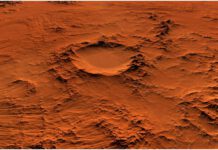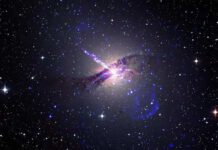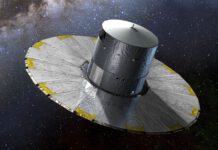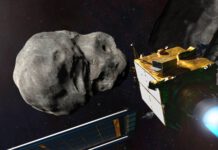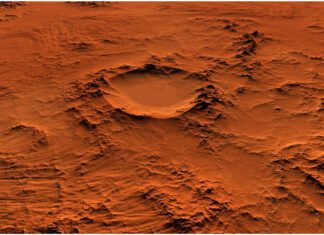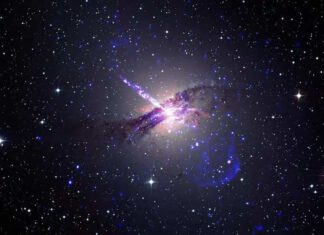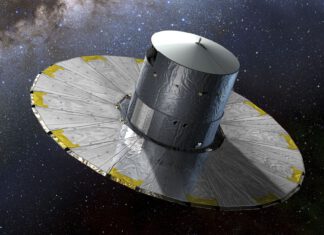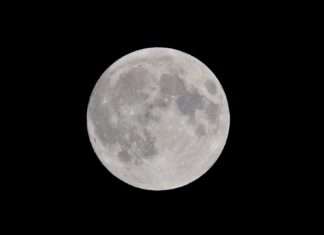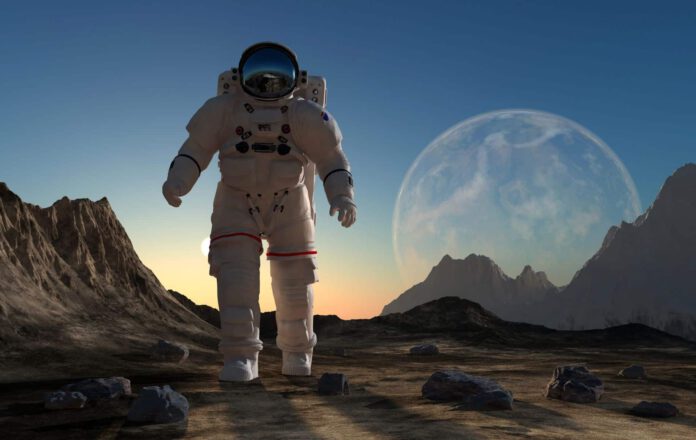
Space missions could potentially affect sexual health
Astronauts undertaking space missions are exposed to high levels of galactic cosmic radiation and zero gravity, potentially having effects on human sexual health.
Since time immemorial, humans have dreamed of unlocking the wonders of the universe. The next line of action in unravelling the mysteries of the cosmos involves manned missions to the moon and Mars. However, these space adventures are not without risks. By now it’s known that space is an extremely hostile environment posing significant threats to human health like suboptimal functioning of immune system, deteriorating eyesight, weakening muscles and bones, among others. Also, cosmic radiation impacts the digestive system leading to potential heart failure, strokes or heart attacks. A recent study suggests that space travel, particularly for men, may pose another discomfort.
Erectile dysfunction problems in space
Astronauts during space missions are exposed to high galactic cosmic radiation and zero gravity conditions. Now, rodent trials suggest that this could potentially result in erectile problems. Researcher Justin La Favor shared that exposure to galactic cosmic radiation has several adverse effects including impairing endothelial function (a thin layer that plays a crucial role in regulating blood flow and pressure), neurovascular function in the penile erectile tissue, and reducing blood supply to the penis. All these processes are vital for an erection.
Effects of oxidative stress
The study indicates that even relatively low amounts of galactic cosmic radiation, and to a lesser extent zero gravity, cause these changes in blood vessels. This is primarily due to increases in oxidative stress, an imbalance between the production of harmful molecules known as free radicals and the body’s ability to neutralise them with antioxidants, causing potential damage to cells and tissues. “We saw clear signs of oxidative stress reducing the amount of nitric oxide in the erectile tissue of rats exposed to galactic cosmic radiation,” added La Favor.
Impact on male astronauts
The findings are somewhat concerning. It suggests that men returning from a manned space mission could be left with a terribly inconvenient ailment. Moreover, the effects of a space mission on the male body can linger for a long time. The erectile problems can even persist for an extended period. This is quite significant as erectile dysfunction is known to greatly affect the quality of life. This is even more worrying considering the majority of astronauts are still men. Out of a total of 129 NASA astronauts who have visited the International Space Station (ISS), 103 are men and 26 are women (roughly 20% of the total). As of 2023, only 11% of all astronauts worldwide were women. Though the number of female astronauts is currently rising, the astronaut community still seems to be male-dominated.
Rat study implications for humans
Although the research was conducted using rats, La Favor believes the results are also relevant to humans. “There’s always doubt about the translation to the human situation with every rodent study,” he said. “But since we have seen functional restrictions after a long recovery period, I’m more convinced that the same applies to humans. Moreover, the disrupted molecular processes that we observed in the rats are also important for human erectile function, which further strengthens my confidence.”
Harmful cosmic radiation
The findings from the study once again demonstrate the harmfulness of cosmic radiation which consists of charged particles like protons and heavy ions. Luckily, on Earth, we are protected against it by the Earth’s magnetic field and atmosphere. But the same radiation can easily reach the surface of the moon – which lacks an atmosphere and is only equipped with a weak magnetic field – as well as Mars, which has a much thinner atmosphere than Earth. These particles have a lot of energy and can penetrate through materials and tissues. When astronauts are exposed to cosmic radiation during space missions, the particles can travel throughout the body interacting with cells and tissues and potentially cause significant damage. Some of the known effects of cosmic radiation include oxidative damage, inflammation, cell death and tissue fibrosis. All these can have broad and severe health implications.
Possible treatments
Despite these challenges, all hope is not lost for future male space explorers. Treatment with different antioxidants could prove to be valuable. Justin La Favor explains, “This is the first study suggesting that space travel can influence erectile function, therefore specific treatments are not yet fully investigated”. It seems that erectile dysfunction could potentially be treatable by implementing direct improvements in certain tissue processes. This, however, calls for further research to determine if the studied medicines could indeed be helpful.
Moon and Mars missions
The findings have substantial implications for future space travelers. Increased risk of erectile dysfunction adds another challenge that needs to be tackled before manned missions commence. But time is of the essence, especially as plans to return to the moon and visit our nearest planet Mars are getting more tangible. NASA plans to land the first woman and another man on the moon soon and is already building a space station around the moon that will be permanently staffed by astronauts. The station will function as an intermediary station to other destinations in the solar system and act as a springboard for future manned missions to Mars.
The researcher hopes that space-induced erectile issues will get more attention in the coming years. “With planned manned missions to far space destinations in the years to come, it would be crucial to closely monitor the sexual health of astronauts when they return to Earth,” concluded La Favor.

